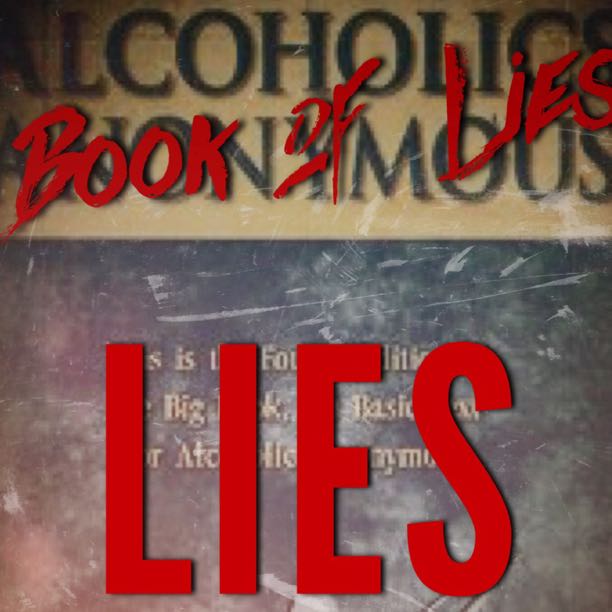
The Truth About Alcoholics Anonymous
Read Count : 157
Category : Blogs
Sub Category : LifeStyle
From Marc Lewis' The Biology of Desire, "Once people become aware that addiction changes the brain, it makes sense to define it as a brain disease." The Liver- Hepatitis The Heart- Heart Disease The Lungs- Lung Cancer Now, "labeling addiction as a disease not only alleviates mass amounts of stigma and guilt, but also aims to provide accessible ways for addicts to get help. However, I believe calling addiction a disease is not only false, it is often harmful to the addict/alcoholic." Many addicts/alcoholics—including myself—do not see themselves as ill. Forced into accepting that they have a disease can undermine other aspects of their self-image and self-esteem. Many recovering addicts/alcoholics find it better not to see themselves as helpless victims of a disease, and straight accounts of recovery and relapse suggest they might be right. Survey research published over the last thirty years indicate that "most addicts eventually recover permanently. For them, the disease label may be an unnecessary, harmful burden." Many recovered addicts I have spoken to, like to think of themselves as though they are free, not as if they were cured of a disease. They would rather see themselves as having been through a difficult experience and had become stronger as a result. In my experience, I chose not to drink or use. I'm not going to lie, initially it was difficult due to the intense cravings. At a bar, my mouth would water for a cold beer. My insides would be drooling, begging myself to merely ask for one. You have to learn to say "No." Easier said than done, I know. It's a matter of having strong will-power. I also had outside help because trying to stop, in the past, by myself, invariably ended in failure. I would tell friends and even, sometimes, the bartender, to not give me a drink. My hands and muscles had become so used to the act of holding and drinking a beverage. So, I always had either a soda or an occasional Red Bull, to hang on to. Ultimately, I stopped going to bars and would stay home, instead. I had to be anti-social for a little while, but I started different hobbies I could use to make myself happy. This included reading and finding a hidden talent for writing. Over time, I went back to the bar and discovered I had no urge to drink. The same happened with drugs, though those cravings had been much more intense. I had used alcohol and drugs as a solution to solve my problems of not being happy in my own shoes, not being able to be myself around other people, and being unhappy when I was alone. All of these were problems of codependency. I discovered my own way of solving this problem through writing and meditation; effort and insight; and a change in environment. There was no God or Higher Power involved. I had done it myself. And through all of this, I became a stronger person, mentally and emotionally. I also started having a motivation to go to the gym, so physically, too. Then came the ultimate test: Could I drink like my friends did—not abuse it? As for drugs, they should not be used by anyone, so there's no point in trying to use them moderately. With marijuana, although I don't like the high, so I don't use it, I believe it creates more beneficial, rather than harmful, consequences, in my opinion. I had a beer and barely drank it. I had lost the acquired taste for a beer but I was able to be social with my friends without any fear. Nowadays, if I go to a bar, I'd rather not have a beer, but if I do, my body can only stand one or maybe two. After that, I'm able to hang out with no problems. Now, check this out: Bruce Alexander and colleagues performed an experiment with rats by offering them a choice between a morphine solution and water. The rats raised in isolated steel cages chose the morphine, but once placed in a large, wooden enclosure with other rats to socialize, they switched to plain water, even when they were currently addicted. In other words, they had "quit" voluntarily. Even heroin-addicted veterans of the Vietnam War, about 75% had kicked the habit once they returned home. Columbia University professor, Carl Hart, gave crack addicts the opportunity to choose between drugs and money once checked into a residential setting. In his experiment, he offered addicts either a hit of crack or an IOU for money they'll receive a week or two later. Contrary to expectations, they often take the money—which could be as little as five dollars—instead of the pipe. *This is the first of many blogs that will attempt to disprove the addiction-disease model.


